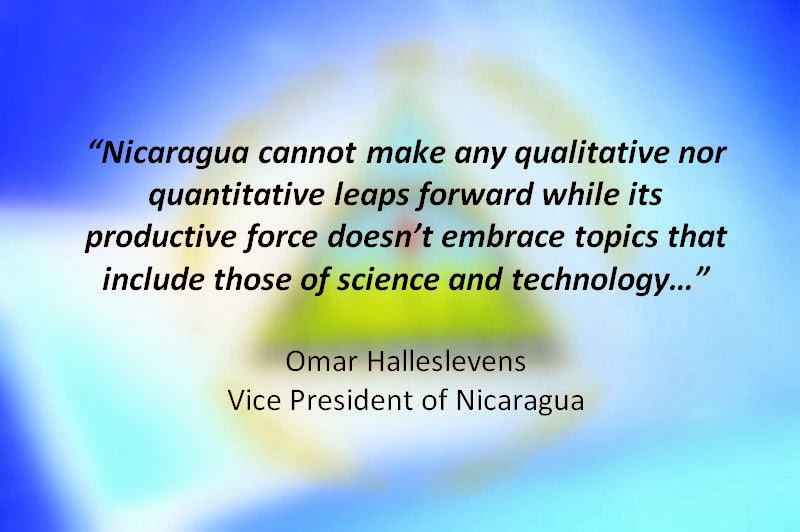Hultner Estrada & Bethany Beachum
The
statistics for “digital illiteracy” in Nicaragua still remain very high. According to the report “Economy of Knowledge
in Central America,” our country ranks 131st out of 148 countries in
regards to education and access to Information and Communication
Technologies. Honduras is in the 99th
position on the list and Costa Rica the 58th.
Experts
from the Science Academy of Nicaragua say that this country is a straggler in
the competition of a global economy sustained by knowledge because so many
people still do not have access to the internet. Hardly 5% of the schools in the nation own a
computer.
The
factor of access is key. A computer in
Nicaragua can cost up to 40% more than in the United States or Panama. Internet service – that is somewhat
functional – costs 10% of what it takes for a family to eat for a month.
Despite all of this, many
Christian schools are making an extraordinary effort to reduce these statistics
of digital illiteracy, helping the next generation to develop the ability to
use technological tools. Even so they
have to overcome many difficulties.
“The
computer labs in our schools end up becoming “museums,” because we use donated
computers that are turning obsolete,” explains Rafael Castro, facilitator of a
network of Christian computer teachers that have formed precisely with the
purpose of supporting schools in the mission to produce digitally literate
youth for the benefit of the country.
This network goes by the name REDPROCOM.
“We are dedicated to
providing technical assistance, academic planning, maintenance, and software
and hardware repair, but most importantly, we provide training in the use of
“Libre” software which is completely free and is very functional for Christian
schools,” shares Rafael Castro, a licensed English and computer teacher.
REDPROCOM,
a collaboration with ACECEN (Association for Evangelical Christian Educational
Centers in Nicaragua), has succeeded in providing this type of key support to
more than 30 Christian schools. “We are
a small team – for now – but we are very united,” adds Castro, who sums up the
dream of REDPROCOM in the following words:
-“We dream
that our computer labs are going to be the best of the future, we are going to
work so that our program works and then, when it has been established and is
strong, we are going to share it with the government so that teachers at the
national level can also benefit from it.”


No comments:
Post a Comment